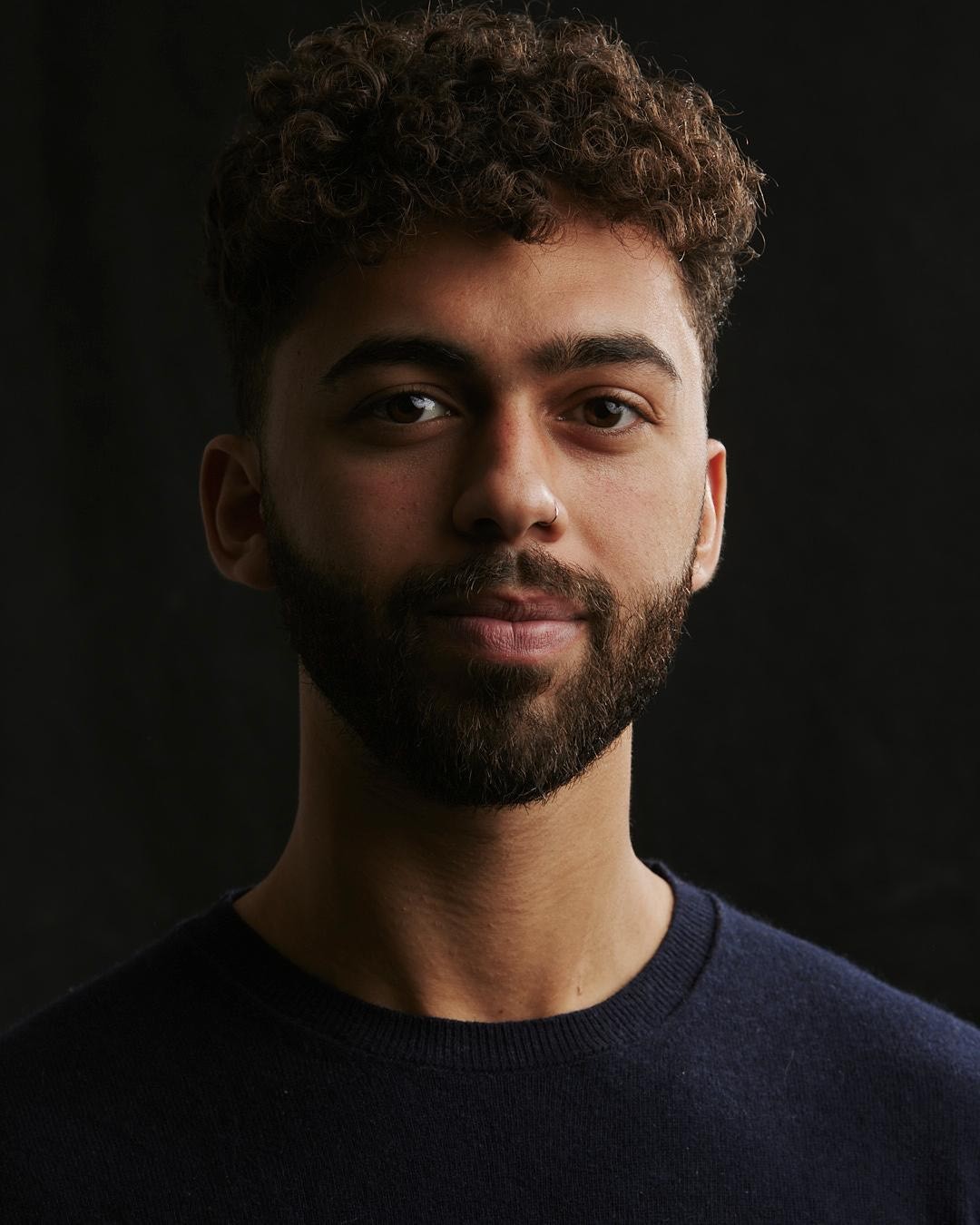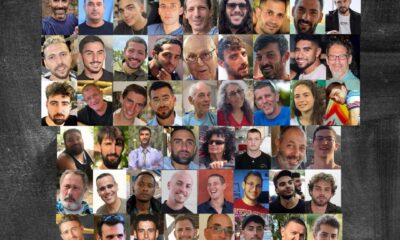
Israel

South African tells of narrow escape from Nova
South African-born Israeli Joey Avinir, 26, had been looking forward to going to the Nova Festival on 6 October. Like thousands of others, it was the highlight of his calendar.
He and two of his Israeli friends, Gal (25) and Noam (26), bought tickets for what promised to be a superb line-up of 16 international DJs.
Bloodshed, murder, rape, and kidnapping turned this event of 3 500 festivalgoers to Kibbutz Re’im in the Negev desert into the deadliest violation of innocent lives by Hamas terrorists.
Avinir, who matriculated from King David Victory Park before making aliya in 2019, tells of a series of life-changing choices he made that resulted in a “lucky escape”.
Four months after he emigrated, he was conscripted into the Israeli army, and over the next three years, attained the rank of first sergeant commander.
He recalled a strange anxiety creeping in on their drive to the Negev. “All three of us felt it,” he says, “but we simply shrugged it off as normal pre-party jitters.”
On arriving at the open-air venue, they noticed more policemen than usual, but being close to the Gaza border, they thought nothing more of it.
“We drove in on a sand road to find hundreds of rows of parked cars – it was packed! We decided to park our car next to a fallen tree.” This turned out to be one of many decisions that saved them.
“By 23:00, our tent was pitched, and we went to explore the venue. Nova Productions did an amazing job. There were stages set up for the DJs, different dance areas, bars, and food stalls, massage, and retail stations. Nova met all our expectations,” Avinir says.
“As the sun started to rise, I split up from the girls to go to the bathroom. I was making my way back to the main stage when I first noticed the rockets flying overhead. The entire sky was lit up, and many people mistook it for fireworks. But because I had previously lived close to that area, I knew there were too many being fired to dismiss it. My first thought was to find the girls and get us out of there.
“The ground shook under my feet, shrapnel flew in all directions, and the police told us to drop to the ground. As more and more rockets kept firing, the music was turned off. I ran around looking for Gal and Noam through a sea of people.
“When they called to inform me that they were safe and together, we decided to meet at our tent, pack our stuff, and leave immediately. Adrenaline-fuelled focus took over,” says Avinir.
They ran towards the car, carrying all their belongings. Their survival instinct kicked in a lot sooner than it did for many others.
“It’s not unusual in Israel to hear a phase of rocket fire until it subsides. I remember running past people who were oblivious – waiting, talking, laughing, and taking videos with their phones. I assume they hoped it would pass, and the party would resume. My aim was to get to the car and drive to the nearest bomb shelter.
“Things started to get scary when we couldn’t find our car. We ran between hundreds of parked cars, looking for the fallen tree. Eventually Noam shouted, ‘It’s there!’”
At this stage, Avinir had no idea that Hamas terrorists had surged across the border on foot, in trucks, and on motorised paragliders with the aim of torturing, killing, and capturing anyone in their path.
“I had a sense of safety inside the car,” Avinir says. “It was a relief when the loud banging of the rockets became muted to some extent. I remember checking the time. It showed that 25 minutes had gone by since the first rockets were fired on the dance floor.
“We drove towards the exit, where police were trying to stop people from leaving. They were instructing us all to get out of our cars and onto the ground for safety, and to wait for the rocket phase to pass. This is what people do in normal cases of rocket fire, but my instinct as a soldier had kicked in. I knew it wasn’t a normal situation.
“Police were causing more and more cars to back up. I decided to ignore them. I jumped out the car to start directing cars the other way. I needed to start the flow of traffic somehow. My brain was on autopilot.
“When I heard gunshots, I thought the police were firing warning shots to get attention and create order. Even when I got back into the car, I still didn’t register the magnitude of the situation we were in. I saw bodies strewn on the sand road, yet I thought people had been injured in a collision. I couldn’t compute the bloodshed of a deadly terror attack over the likelihood of a car accident. Yet, no-one stopped or got out to help, which was unusual.”
The trio made a series of quick-thinking decisions and managed to get out onto the tar road, where they continued to drive in search of a roadside shelter.
“I learnt later that the route we took became an inescapable ambush in which many cars just minutes behind us were trapped.”
When Avinir saw cars pulled over on the side of the road, he joined about 20 others from the festival in a shelter, relieved to have found safety from the relentless rocket fire.
“We were in there for about 15 minutes before a policeman came to inform us of a mass invasion. He instructed us all to evacuate the shelter immediately, and get as far away as possible from the area as terrorists were hunting them down and blowing them up with grenades. That’s when the fear kicked in,” says Avinir.
“Many in those shelters died that morning, including a friend of mine whom I saw at the party,” he says. “If it weren’t for that policeman’s warning, it would have been me.”
As many as 364 people were shot, bludgeoned, or burned to death at that party, and those who were lucky enough to survive the atrocities spent hours trapped, injured, hiding, and exposed to life-changing trauma.
Avinir’s escape comes with devastating grief. “I lost friends, I lost soldiers. My experience is mild compared to the stories of people who managed to get out only hours later. No-one in their lifetime should have to go through what they experienced.”











Daryl Penner -Kansas City MO USA
October 1, 2024 at 6:02 am
You’re a talented musician. Hashem has a purpose for you including re-telling your stories, over and over, so that younger generations will understand and never forget. Thank u.